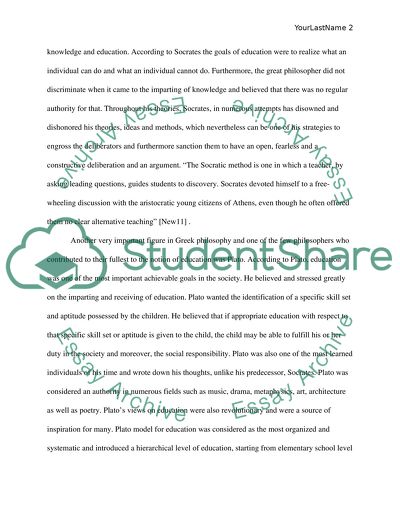Cite this document
(“How Socrates, Plato and Aristotle view the role of education for the Research Paper”, n.d.)
How Socrates, Plato and Aristotle view the role of education for the Research Paper. Retrieved from https://studentshare.org/philosophy/1458299-how-socrates-plato-and-aristotle-view-the-role-of
How Socrates, Plato and Aristotle view the role of education for the Research Paper. Retrieved from https://studentshare.org/philosophy/1458299-how-socrates-plato-and-aristotle-view-the-role-of
(How Socrates, Plato and Aristotle View the Role of Education for the Research Paper)
How Socrates, Plato and Aristotle View the Role of Education for the Research Paper. https://studentshare.org/philosophy/1458299-how-socrates-plato-and-aristotle-view-the-role-of.
How Socrates, Plato and Aristotle View the Role of Education for the Research Paper. https://studentshare.org/philosophy/1458299-how-socrates-plato-and-aristotle-view-the-role-of.
“How Socrates, Plato and Aristotle View the Role of Education for the Research Paper”, n.d. https://studentshare.org/philosophy/1458299-how-socrates-plato-and-aristotle-view-the-role-of.


